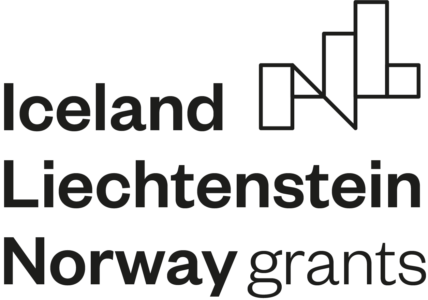
The EEA Grants represent the contribution of Iceland, Liechtenstein and Norway towards a green, competitive and inclusive Europe.
There are two overall objectives: reduction of economic and social disparities in Europe, and to strengthen bilateral relations between the donor countries and 15 EU countries in Central and Southern Europe and the Baltics.
The three donor countries cooperate closely with the EU through the Agreement on the European Economic Area (EEA). The donors have provided €3.3 billion through consecutive grant schemes between 1994 and 2014.
For the period 2014-2021, the EEA Grants amount to €1.55 billion. The priorities for this period are:
1.Innovation, Research, Education, Competitiveness and Decent Work
2.Social Inclusion, Youth Employment and Poverty Reduction
3.Environment, Energy, Climate Change and Low Carbon Economy
4.Culture, Civil Society, Good Governance and Fundamental Rights
5.Justice and Home Affairs
The EEA Grants are jointly financed by Iceland, Liechtenstein and Norway, whose contributions are based on their GDP.
Eligibility for the Grants mirror the criteria set for the EU Cohesion Fund aimed at member countries where the Gross National Income (GNI) per inhabitant is less than 90% of the EU average.

Recent Comments